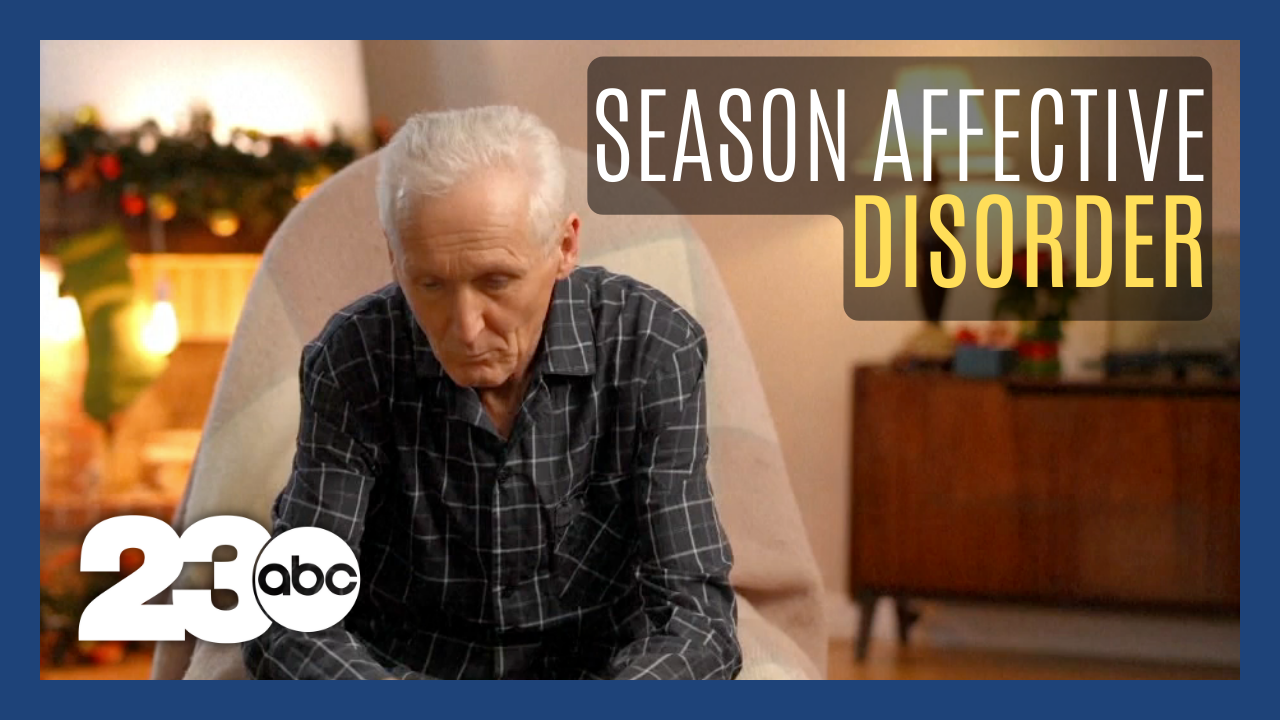BAKERSFIELD, Calif. (KERO) — While the holidays are meant to be a time filled with cheer and joy, people suffering from 'the winter blues' may feel not be feeling so merry and bright.
Dr. Kelly Rohan is a professor of psychology at the University of Vermont. She says those with Seasonal Affective Disorder, or SAD, experience many of the same symptoms patients with a depression diagnosis feel year-round.
Those include feeling really down, losing interest in things they'd usually enjoy, extreme fatigue, difficulty concentrating and making decisions, eating more or less than usual, feeling guilty about themselves, and in extreme cases, suicidal thoughts or thoughts about death.
Rohan shares the impacts the covid-19 pandemic has had on people who suffer from SAD.
“For people with seasonal depression, the pandemic certainly made things worse in terms of more symptoms of depression,” Rohan said. “For people with seasonal depression, episodes starting earlier than they otherwise would have and lasting longer—even year-round in the summer, when people with seasonal depression are usually feeling great, back to their normal selves—just the pandemic-related stress lingering, and some of those symptoms not fully resolving the way that they used to pre-pandemic.”
Besides speaking with your doctor, Rohan suggests trying three things if you're experiencing seasonal depression:
First, work hard to fight through the fatigue and stay in your routines as much as possible.
Next, find things to celebrate in the winter months and focus on activities you enjoy like ice skating or skiing.
Finally, she suggests going for a walk first thing in the morning after sunrise. That way, your body gets much needed sunlight to regulate your biological clock and you get the physical benefits of exercise.
To learn more about SAD and find advice on how to cope, questions to ask your doctor, and what solutions are available, visit the National Institute of Mental Health's page on Seasonal Affective Disorder.




